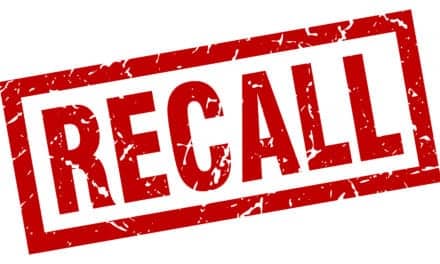BioCision LLC, San Rafael, Calif, recently announced a collaboration with the transplantation research laboratory of Qizhi Tang, PhD, an associate professor of surgery at the University of California, San Francisco (UCSF), who is researching a novel transplantation immunotherapy that could minimize rates of organ rejection and the toxicity of global immunosuppression. A similar strategy is being investigated for the treatment of autoimmune diseases, including Type 1 diabetes.
Tang’s research group, along with colleagues at the UCSF diabetes center, developed a cellular therapy that uses cells from the organ donor to activate the recipient’s regulatory T cells (Tregs). The stimulated Tregs are reintroduced into the recipient to enhance the acceptance of the new organ and minimize the patient’s dependence on immunosuppressive drugs.
In conjunction with their research, the team also became beta testers for BioCision’s CoolCell cell-freezing technology and ThawStar automated cell-thawing system. The team compared use of the BioCision technologies with previously established procedures and provided data and feedback to BioCision. The researchers found that by incorporating BioCision’s CoolCell and ThawStar products into various steps of the manufacturing process, they could reduce variability and increase the number of viable cells produced.
“We are encouraged that, through our research, organ transplant recipients may be able to achieve better organ acceptance and be spared the necessity of lifelong immunosuppressive therapy and the related side effects,” says Tang. “When manufacturing a cell-based therapy, we are dealing with live therapeutics, and it is imperative that the most stringent controls are in place to enable predictable outcomes during each step of the process.”
“The opportunity to work with leading researchers like Dr. Tang and see our technologies used in potentially life-saving cell therapies reinforces our commitment to bring innovative tools to the life science community,” says Rolf O. Ehrhardt, CEO of BioCision. “Our focus on standardization technologies enables a rapid transition from research and development to clinical manufacturing, and has the potential to bring new therapies to market faster.”
CoolCell controlled-rate cell-freezing containers provide consistent and highly reproducible –1°C per minute cell cryopreservation with high rates of recovery and viability, replacing conventional methods such as alcohol-based passive freezing and programmable controlled-rate freezers.
The ThawStar automated cell-thawing system standardizes each step of the thawing process from the point at which the vial is removed from cryogenic storage.
“We were fortunate to be beta testers and early adopters of the ThawStar system, because our previous method of hand-carrying frozen vials and then swirling them in warm water baths was very difficult to control, especially as we moved out of the R&D phase and into GMP clinical manufacturing,” says Karim Lee, PhD, associate specialist at the transplantation research lab.







